In the aftermath of the UAW loss in the Volkswagen union election in Tennessee, declarations of “A Titanic Defeat” echo across the blogosphere. The glum analysis reinforces the notion that labor is chronically a victim of conservative workers views and Republican machinations. Some suggest a racially-driven perspective in which Detroit and Obama are used as union bogeymen, a view purportedly lapped up by the mindless Tennessee workers who couldn’t see their true economic interests. All reporters note the acute embarrassment for the UAW, which had the tacit approval of Volkswagen to unionize. Some say this that this is a signal of the end of the UAW.
I’ll put 3 points out that are based on my knowledge of UAW from Jerry Tucker and all those who have struggled to make the UAW a fighting union in recent years.
1) This is no more a major defeat for the UAW than was the UAW leadership’s decision to destroy the militant cadre and dissent of groups like UAW-New Directions years ago. It’s no more than a publicity blip for a union that has made such compromises with management that it consistently loses respect among its own members. How can historians ignore the logic of Tennessee workers who might have heard that the UAW has negotiated 2-tier wages, that workers in auto parts plants have seen their wages decline markedly even with representation, to as low as $10 an hour? As I watched the campaign, I hoped that workers might be able to see a power advantage with a union in that plant, but wondered HOW they would see that with the UAW having capitulated so much in recent decades. Where’s the model they can look to? Why romanticize the union? Perhaps 42 (the margin of defeat) of these workers had heard about the way that UAW officials have forced concessions on Ford workers or how the UAW had worked with the Obama administration to slash tens of thousands of jobs and benefits and have not yet been thoroughly convinced that the union would make a difference given that record?
2) Why does the hope for this campaign end here, when the difference between victory and defeat is a mere 42 people? In the 1930s, this kind of a vote in the south would have been viewed by District 8 of the United Electrical Workers, which campaigned against much more oppressive culture and conditions, as an opportunity. They would have found such a vote inspiring. I’m not kidding. I can hear the conversation in my mind, based on the historical records I examined: “In the face of no union experience, or experience jaded by lackluster company union, or experience with AFL representation, and without a house-to-house campaign, almost half the work force voted for the union! We are sure to win the next time.” Why? They would have used the base of current union support to act like a union in the plant, demanding group grievances in the Works Council, collective action as a model for representation, learning the concerns of workers, developing a shop steward system that created a working model of real union culture. They would have used the opportunity to build a vibrant base in the community that could counter the anti-union rhetoric that politicians like Corker emitted. It would have been the beginning, not the end.
3) This is not to say that the Republican dirty tricks don’t matter, but that blaming workers and the Republican Party means nothing. Blaming workers for the lack of consciousness is a dead end that historians would do well to rethink or at least contextualize by examples from the past. Living in a repressive atmosphere limits your boundaries, but the solution is not more capitulation to the Democratic Party, which is what the UAW has been very good at doing.


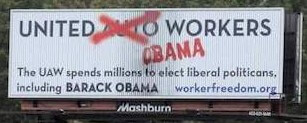
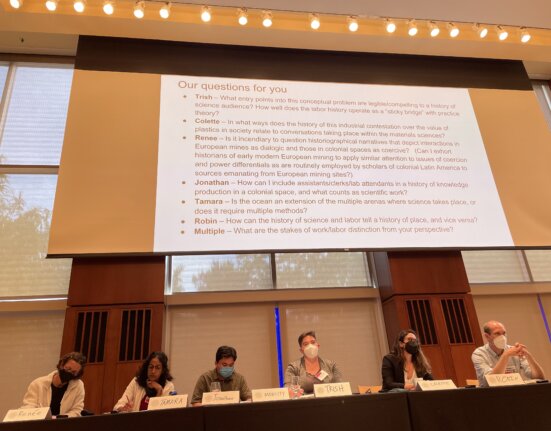
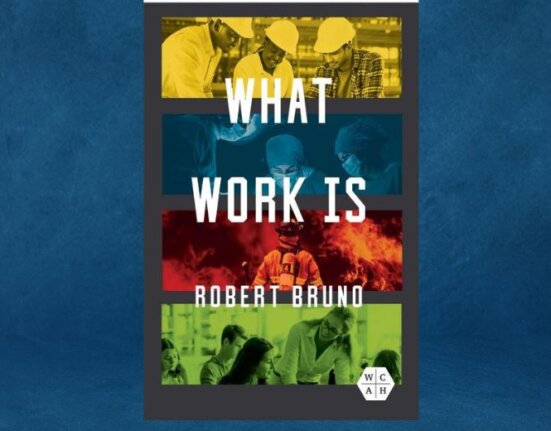
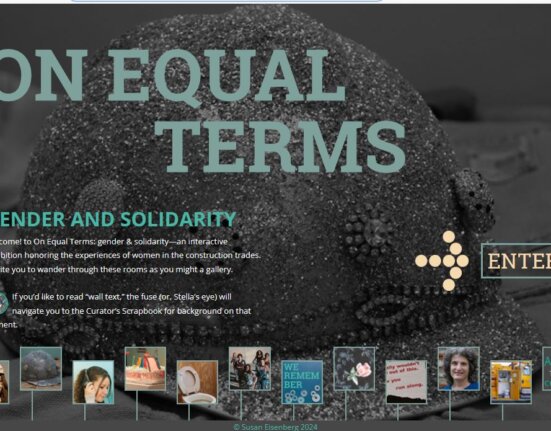
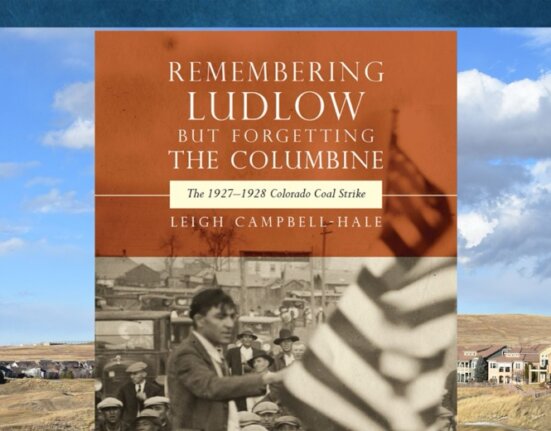
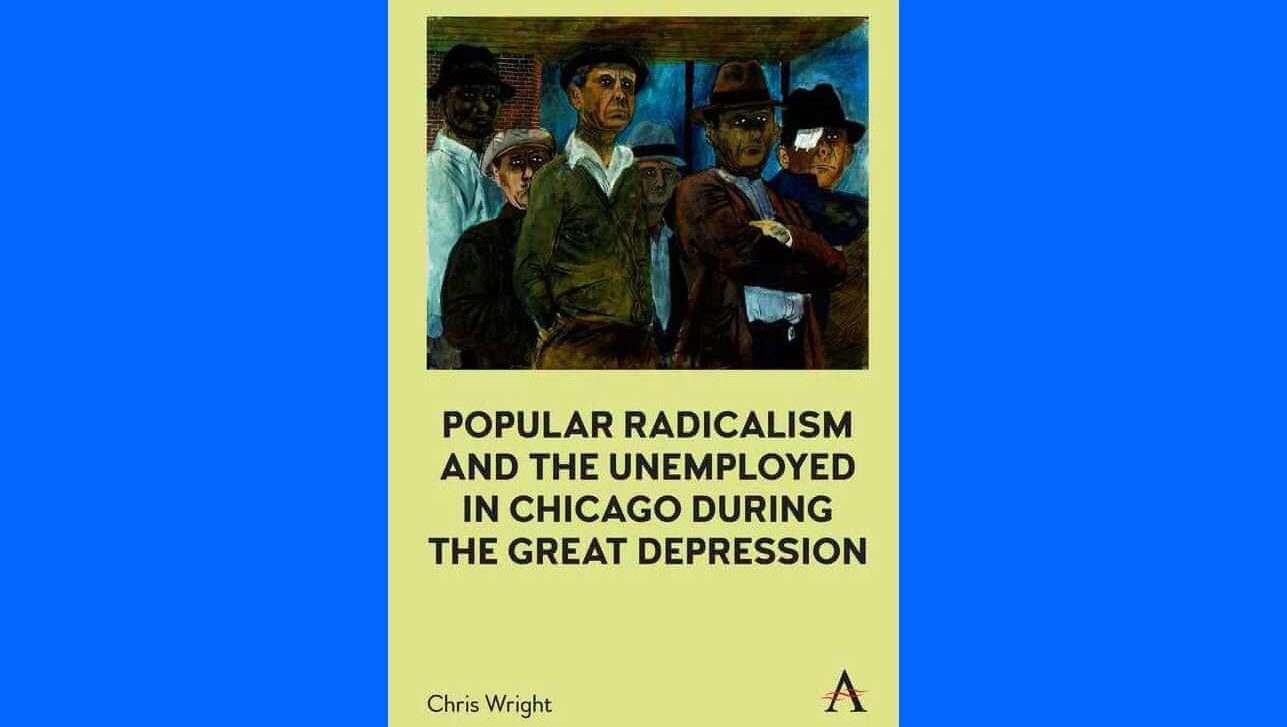
4 Comments
Comments are closed.